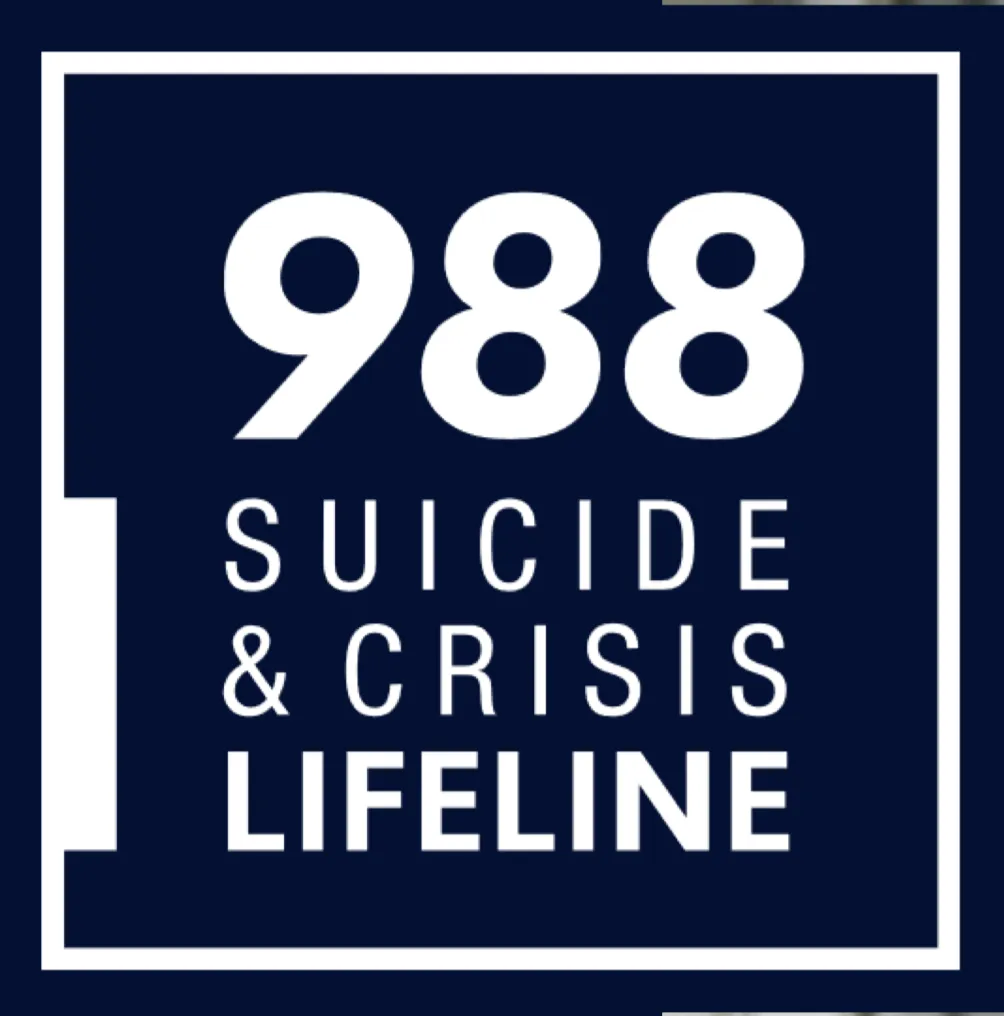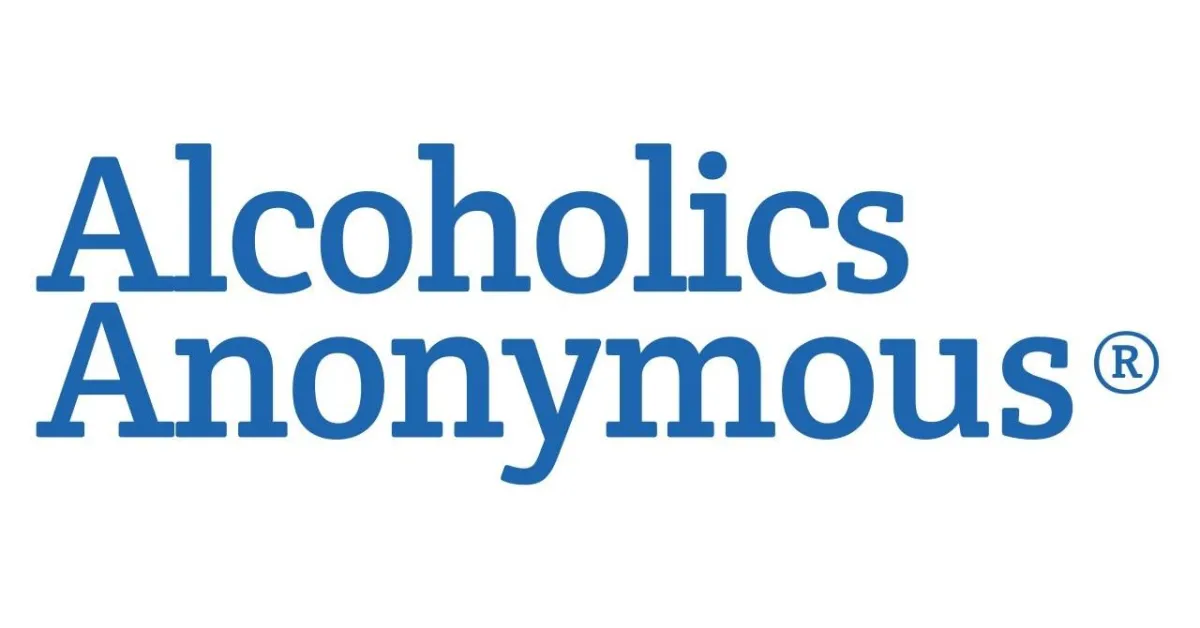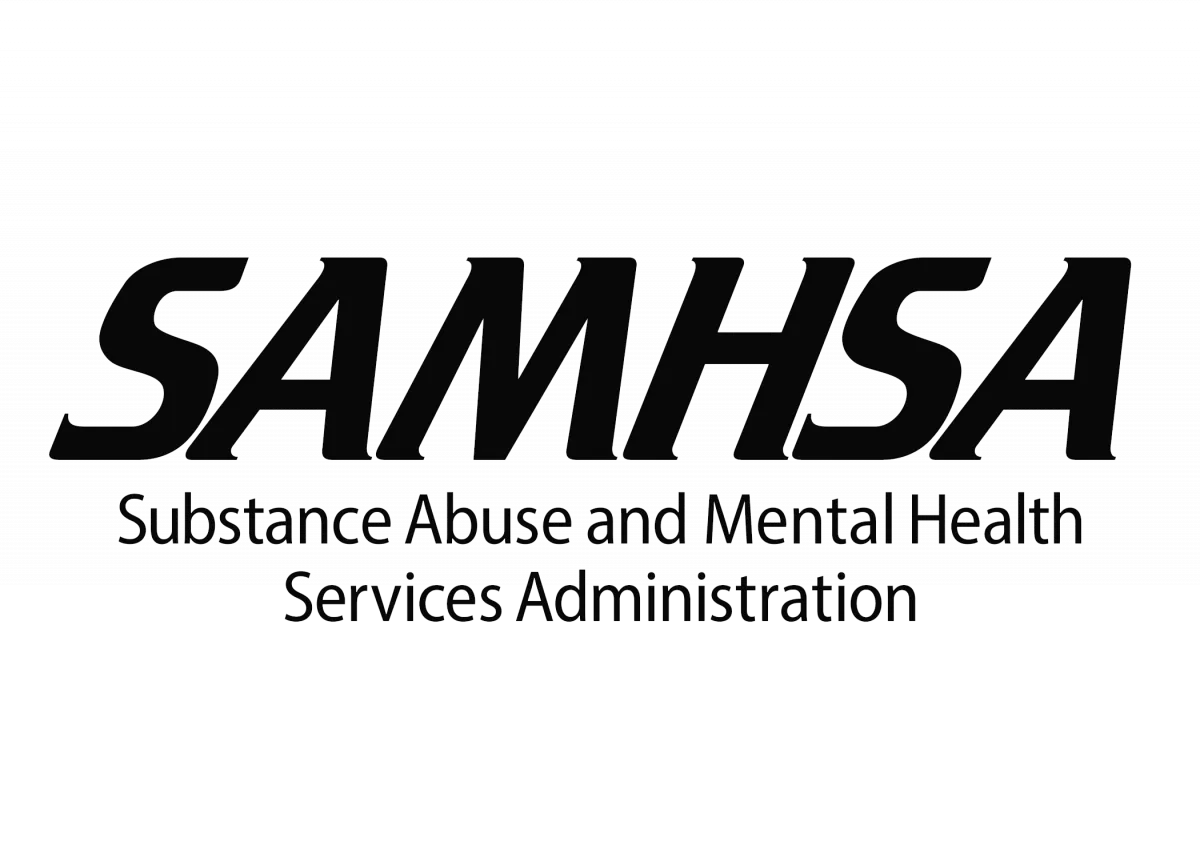FAQS
How does life coaching differ from therapy?
While both life coaching and therapy aim to support personal growth, they have distinct approaches. Therapy typically focuses on addressing past traumas, emotional healing, and diagnosing mental health conditions. On the other hand, life coaching is forward-focused, centered around setting and achieving goals, enhancing performance, and unlocking potential. If you're seeking to overcome specific challenges from your past, therapy might be more suitable. If you're looking to create a roadmap for personal or professional success, life coaching could be the right fit.
How often are coaching sessions conducted?
Coaching sessions frequency can vary based on your needs and preferences. Typically, we recommend starting with weekly sessions to establish momentum and make consistent progress. As you gain confidence and traction towards your goals, sessions might transition to bi-weekly or monthly. The flexibility of our approach ensures that the coaching frequency adapts to your evolving requirements, ensuring optimal support and accountability.
What if I'm unsure about my goals and direction?
It's completely normal to feel uncertain about your goals and direction. Our coaching process begins with an initial assessment where we'll work together to clarify your aspirations, values, and priorities. Through insightful questioning and exploration, we'll collaboratively uncover your passions and potential areas for growth. If you're not entirely sure about your goals, our coaching can help you gain clarity and chart a course that aligns with your authentic self. Remember, the journey towards clarity is an integral part of the coaching process itself.

Anxiety Uncovered: Identifying Symptoms and Navigating Treatment Options
This video delves into the various symptoms of anxiety, offering insights on how to identify when anxiety becomes a concern. We also outline practical treatment options, from therapy and medication to self-help strategies, empowering you to take control of your mental health.
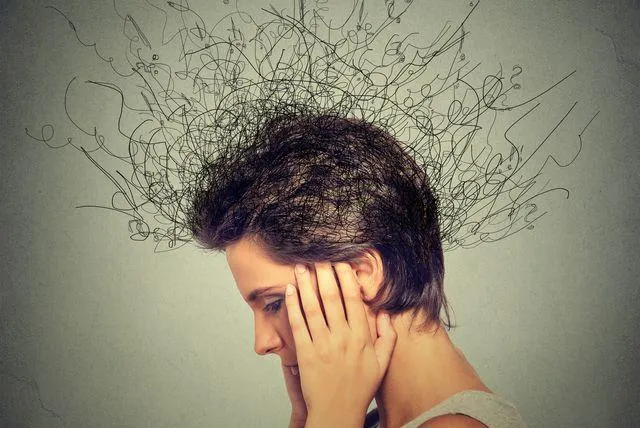
Anxiety
Anxiety is a psychological condition characterized by persistent feelings of worry, fear, or apprehension that are often disproportionate to the actual threat or challenge at hand. It can manifest both mentally and physically, leading to symptoms such as restlessness, rapid heartbeat, sweating, and difficulty concentrating. While occasional anxiety is a natural response to stress, chronic anxiety can interfere with daily functioning and quality of life, potentially developing into anxiety disorders that require professional intervention and treatment.
Symptoms
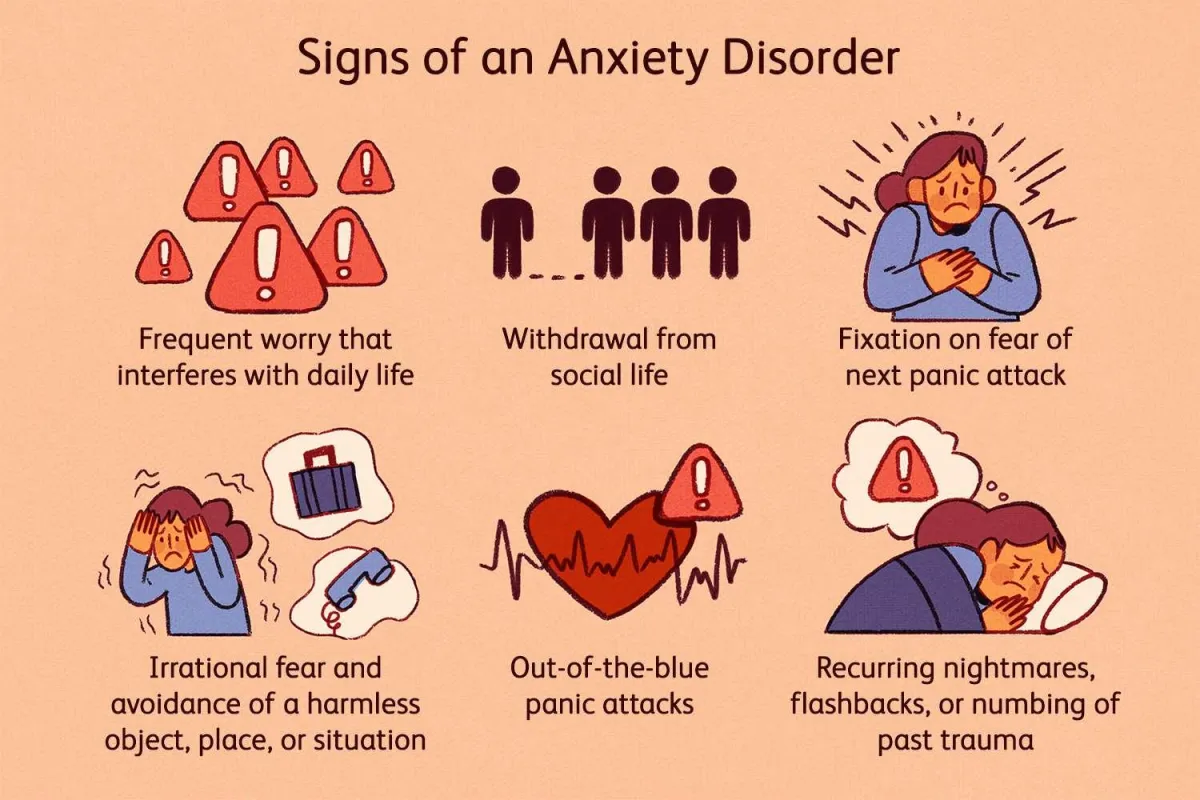
Anxiety can present a wide range of symptoms, both physical and psychological.
Common symptoms include:
1. Excessive Worry: Persistent and uncontrollable worry about various aspects of life.
2. Restlessness: Feeling on edge or unable to relax.
3. Fatigue: Constant tiredness even without physical exertion.
4. Difficulty Concentrating: Trouble focusing or mind going blank.
5. Irritability: Easily agitated or frustrated.
6. Muscle Tension: Persistent tightness or stiffness in muscles.
7. Sleep Disturbances: Trouble falling asleep, staying asleep, or having restless and unsatisfying sleep.
8. Panic Attacks: Sudden, intense episodes of fear with physical symptoms such as heart palpitations, shortness of breath, chest pain, dizziness, or feeling of loss of control.
9. Avoidance Behavior: Avoiding situations or activities that trigger anxiety.
10. Physical Symptoms: Headaches, stomachaches, nausea, sweating, trembling, or frequent urination.
These symptoms can vary in severity and duration, affecting individuals differently based on their specific anxiety condition.
Treatment Options

Treatment for anxiety often involves a combination of approaches tailored to an individual's specific needs.
The most effective treatment options include:
1. Cognitive Behavioral Therapy (CBT): A type of psychotherapy that helps individuals identify and change negative thought patterns and behaviors that contribute to anxiety.
2. Medications: Anti-anxiety medications such as selective serotonin reuptake inhibitors (SSRIs), benzodiazepines, and beta-blockers can help manage symptoms.
3. Mindfulness and Relaxation Techniques: Practices such as mindfulness meditation, yoga, deep breathing exercises, and progressive muscle relaxation can reduce stress and promote a sense of calm.
4. Lifestyle Changes: Regular physical exercise, a healthy diet, adequate sleep, and reducing caffeine and alcohol intake can improve overall well-being and reduce anxiety symptoms.
5. Support Groups and Counseling: Joining support groups or talking with a counselor or therapist can provide emotional support and practical advice for managing anxiety.
6. Exposure Therapy: Gradually exposing oneself to anxiety-provoking situations in a controlled way can help reduce fear and avoidance behaviors over time.
7. Alternative Therapies: Techniques such as acupuncture, aromatherapy, and biofeedback may also provide relief for some individuals.
A combination of these treatments, often guided by a healthcare professional, can help individuals manage their anxiety effectively.
Uncover the Truth: Exclusive Anxiety Video Insights
February 23, 2022
What are the risks and benefits of using vitamin C for depression and anxiety?
September 16, 2015
What physiologic effects does classical music have compared to new age music, grunge rock, techno, and heavy metal?
August 30, 2023
Which of the 50 different yoga styles have been shown to be best?
Available Help
988 Suicide and Crisis Lifeline We can all help prevent suicide. The 988 Lifeline provides 24/7, free and confidential support for people in distress, prevention and crisis resources for you or your loved ones, and best practices for professionals in the United States.
Find A.A. Near You This website does not contain a meeting finder. Contact one of the A.A. resources below for a meeting list in that location and the surrounding area.
The Online Intergroup of Alcoholics Anonymous, or OIAA, is an International service organization established in accordance with the Ninth Tradition of Alcoholics Anonymous A.A., specifically for the purpose of assisting online.
All of the efforts of Narcotics Anonymous are inspired by the primary purpose of our groups. Upon this common ground we stand committed.
Marijuana Anonymous is a simple program based on one addict helping another.
A simple, supportive approach to mental health care. Find a therapist who fits your needs and takes your insurance.
The United States Department of Veterans Affairs is a Cabinet-level executive branch department of the federal government charged with providing lifelong healthcare services to eligible military veterans at the 170 VA medical centers and outpatient clinics located throughout the country.
NAMI is the National Alliance on Mental Illness, the nation’s largest grassroots mental health organization dedicated to building better lives for the millions of Americans affected by mental illness.
If you or someone you know has a mental illness, is struggling emotionally, or has concerns about their mental health, there are ways to get help.
The Substance Abuse and Mental Health Services Administration (SAMHSA) is the agency within the U.S. Department of Health and Human Services (HHS) that leads public health efforts to advance the behavioral health of the nation and to improve the lives of individuals living with mental and substance use disorders, and their families.
The National Network of Depression Centers (NNDC) develops and fosters connections among members to use the power of our network to advance scientific discovery, and to provide stigma free, evidence-based care to patients with depressive and bipolar illnesses.

